- Curved Lithium Polymer battery
- Fast Charge Polymer Battery
- Flexible Polymer Lithium Battery
- Ultra-thin Polymer Battery
/ Blog / Battery Knowledge /
Lithium Battery Export Compliance: Essential Reports and Certifications
29 Nov, 2023
By hoppt
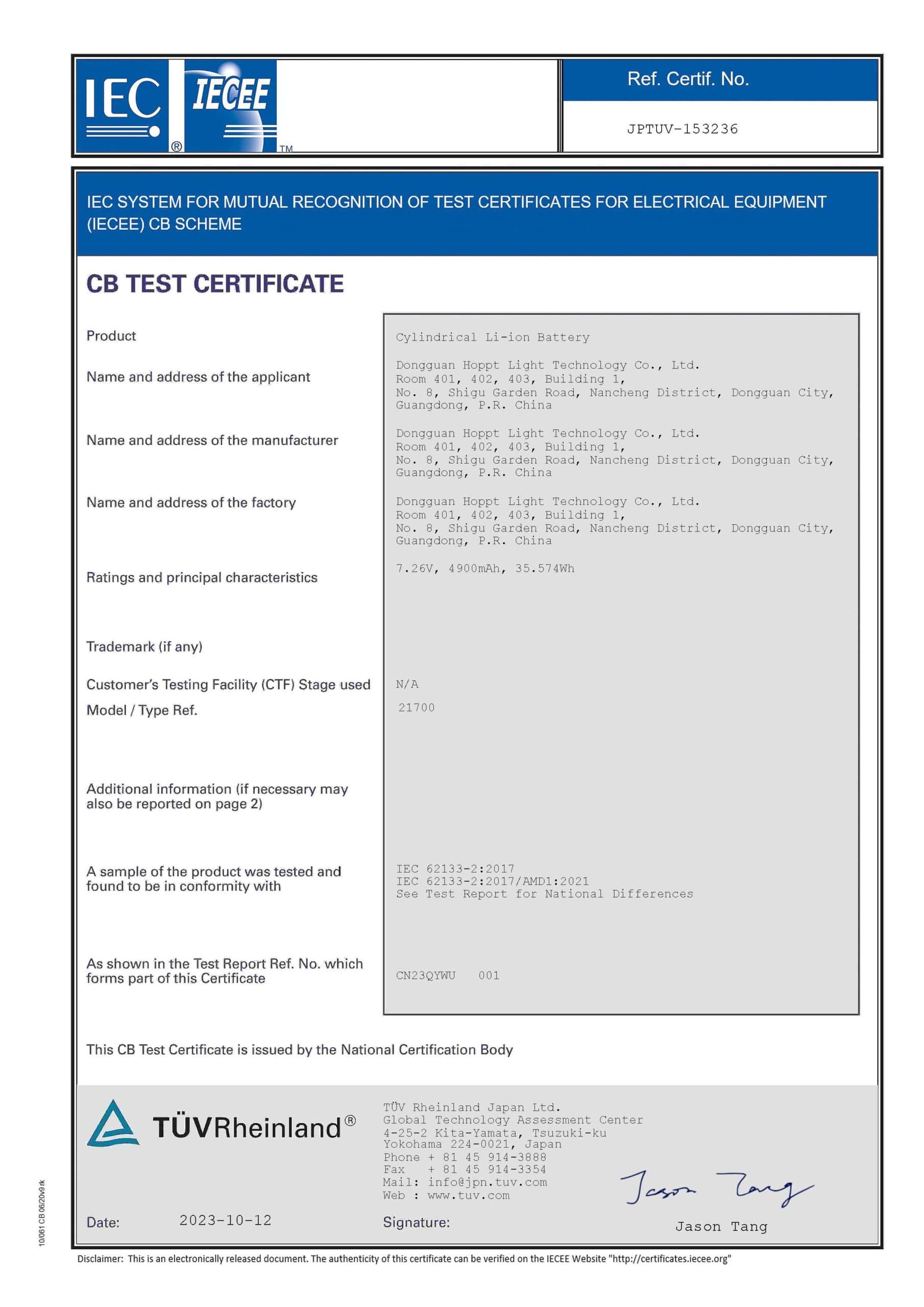
Lithium batteries, first proposed by Gilbert N. Lewis in 1912 and further developed by M. S. Whittingham in the 1970s, are a type of battery made from lithium metal or lithium alloys and use a non-aqueous electrolyte solution. Due to the highly reactive nature of lithium metal, processing, storage, and use of these batteries demand stringent environmental standards. With technological advancements, lithium batteries have become a mainstream choice.
For lithium battery manufacturers, like Hoppt Battery, navigating the export process to various countries is a critical challenge. This is primarily due to the categorization of lithium batteries as hazardous materials, which imposes strict regulations on their production and transportation.
Hoppt Battery, a specialized lithium battery manufacturer, has extensive experience in exporting these batteries. We highlight six essential reports and documents typically required for lithium battery export:
- CB Report: Under the IECEE-CB scheme, a globally recognized system for electrical product safety testing, holding a CB certificate and report can facilitate customs clearance and meet the import requirements of various countries.
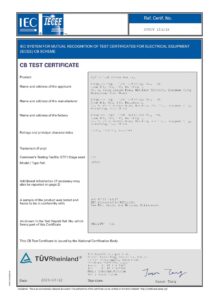
- UN38.3 Report and Test Summary: This is a mandatory test outlined by the United Nations for the safe transportation of dangerous goods, covering a range of battery types including cell phone, laptop, and camera batteries.
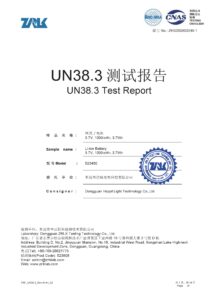
- Hazardous Characteristics Identification Report: Issued by specialized customs laboratories, this report determines if a product is a hazardous material and is required for export documentation.
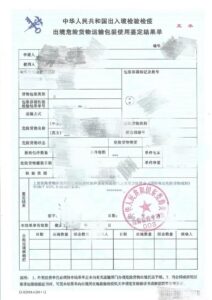
- 1.2m Drop Test Report: Essential for air and sea shipping certifications, this test assesses a battery's resistance to impact, an important safety consideration during transportation.
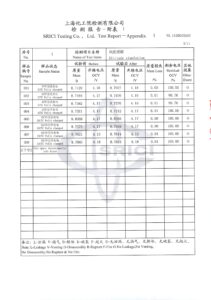
- Sea/Air Transport Identification Report: These reports, differing in requirements for sea and air transport, are crucial for ensuring the safety of the vessel and its cargo.
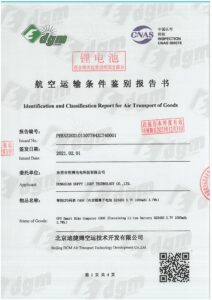
- MSDS (Material Safety Data Sheet): A comprehensive document detailing the chemical properties, hazards, safety handling, and emergency measures related to a chemical product.
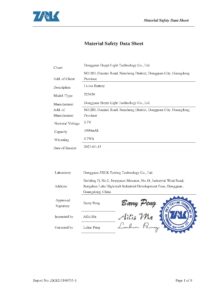
These six certificates/reports are commonly required in the lithium battery export process, ensuring compliance and safety in international trade.



